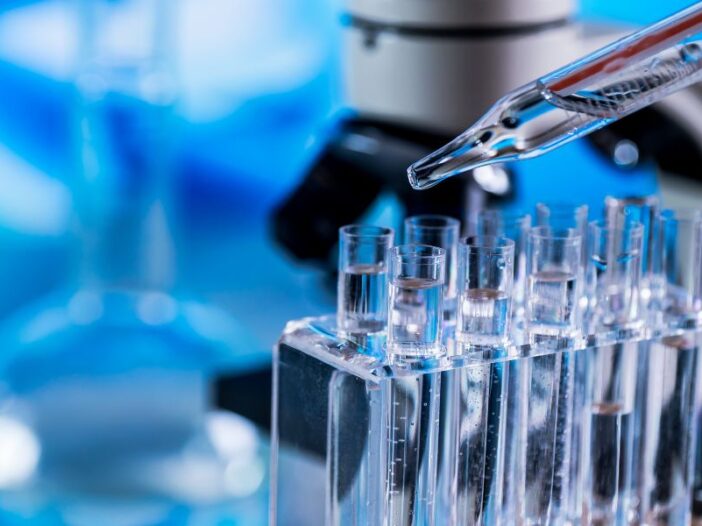
Artificial intelligence (AI) technology advancements have many applications for various industries. The adoption of AI in healthcare holds immense potential to change how medical professionals deliver care and elevate their ability to diagnose, treat, and prevent diseases. Below, we’ll explore some ways that AI could affect the healthcare industry, from drug development to improved diagnosis.
Table of Contents
Improved Diagnosis and Medical Imaging
One of the most notable implications of AI in healthcare is its potential to improve the speed and accuracy of diagnoses. By utilizing advanced machine learning algorithms, AI-powered systems can analyze seemingly endless amounts of data from various sources, such as medical records and diagnostic tests. This, in turn, allows AI to identify patterns that may indicate the presence of a particular condition.
Moreover, AI can enhance the field of medical imaging by automatically analyzing images like X-rays, MRIs, and CT scans more quickly and accurately than people. This may contribute to better and faster diagnoses, reducing the risk of human error and helping save lives.
Personalized Medicine and Treatment Recommendations
AI’s ability to process vast amounts of data also has the potential to usher in an era of personalized medicine. AI-driven algorithms can predict potential health risks and suggest preventive measures by analyzing each patient’s unique genetic makeup, medical history, and lifestyle factors.
Additionally, AI can help doctors develop more accurate treatment plans tailored to individual patients. For instance, AI-powered software can analyze a patient’s medical information to suggest the most suitable medication and dosage based on factors like allergies, potential drug interactions, and genetic predispositions.
Streamlining Administrative Tasks
Another way that AI could affect the healthcare industry is by significantly reducing the burden of administrative tasks for healthcare professionals. AI-driven systems can automate various time-consuming tasks, from appointment scheduling and billing to managing patient records, allowing doctors and nurses to focus more on patient care.
Improved Drug Discovery and Development
Already, AI is benefiting the pharmaceutical industry by enhancing predictive analytics for drug development and accelerating drug discovery. The drug discovery and development process is notoriously complex and time-consuming, but AI is helping accelerate this process. By leveraging neural networks and machine learning algorithms, AI can expedite the discovery of new drug compounds, potentially reducing the overall time and cost of drug development.
Enhanced Patient Monitoring and Care
Innovative AI applications are already enabling smart patient monitoring and improving overall care. For example, wearable devices with AI capabilities allow healthcare professionals to track patient vital signs, monitor medication adherence, and predict complications before they become life-threatening. This real-time data contributes to better decision-making, faster response times, and higher-quality care.
Conclusion
The potential applications of AI in healthcare are nothing short of transformative, covering a wide range of areas from diagnosis and treatment to administrative tasks and drug development. As technology continues to evolve, we can expect AI to play an increasingly prominent role in shaping the future of healthcare.